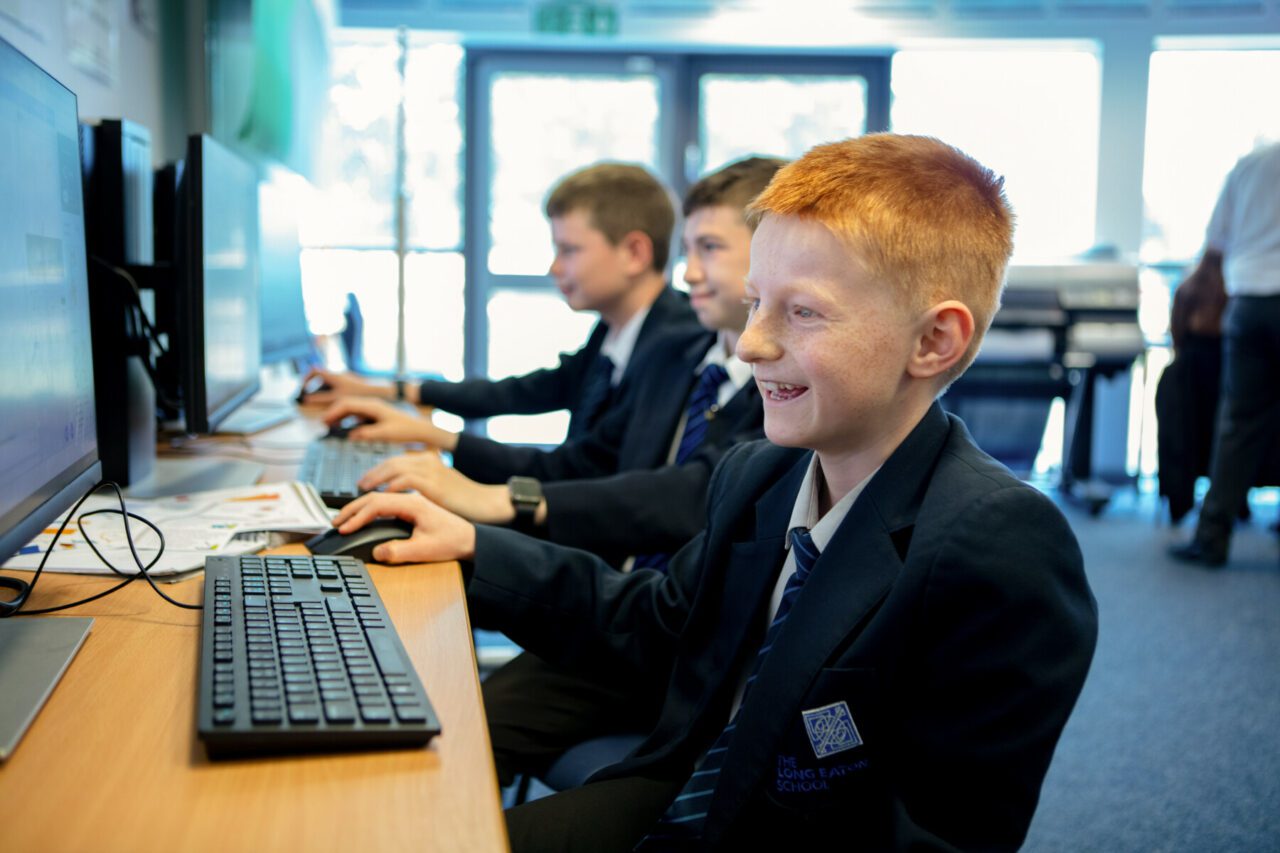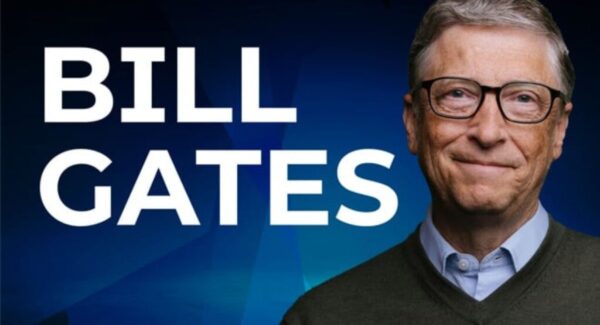

“I think it’s fair to say that personal computers have become the most empowering
tool we’ve ever created. They’re tools of communication, they’re tools of
creativity, and they can be shaped by their user.” – Bill Gates
Curriculum Intent
Archway Learning Trust’s Computer Science and Vocational IT curriculum envelops our three key values throughout our schools and across all key stages;
- Through collaboration of teachers and students to provide a progressive, reflective and modern computer science curriculum that matches the needs of both students and the ever changing industry
- With excellence in the pillars of progression for computer science, information technology and digital literacy to ensure a challenging interleaved curriculum leading to success and further opportunities
- Founded on inclusion for all with pedagogy and practice to support, build and enable all students in our schools to embrace a technology rich world with confidence
Our KS3 curriculum will enable students to:
- Understand and apply the fundamental principles and concepts of computer science, including abstraction, logic, algorithms and data representation
- Analyse problems in computational terms, and have repeated practical experience of writing computer programs in order to solve such problems
- Evaluate and apply information technology, including new or unfamiliar technologies, analytically to solve problems
- Be responsible, competent, confident and creative users of information and communication technology
Our KS4 curriculum will enable students to:
- Read, write and develop algorithms that include the constructs of sequence, selection, iteration and procedures
- Solve problems using computational thinking to program code in a structured way to write, test and debug programs using logical reasoning and approaches to refine problems across an array of contexts
- Develop a rich understanding of the technology that underpins computers through the fundamentals of binary representation, systems architecture, software and networking technologies
- Understand how the impact of technology effect safety, security of systems and the ethical, legal, cultural and environmental impacts of digital technology
Students will experience this learning through:
- Concept led support using disciplinary literacy, knowledge organisers and displays to aid lesson retrieval and revision
- Use of semantic waves to unplug, unpack and repack new concepts and ideas to secure learning
- Formative questioning, peer instruction and simple quizzes to uncover misconceptions to adapt teaching to address them as they occur
- A structured programming framework of PRIMM (Predict, Run, Investigate, Modify and Make) together with reading and exploring code first to review, interpret, read and trace code building confidence and the ability to write code
- Collaboration with peers with paired programming and peer instruction to stimulate classroom dialogue and development by working together
- Use of contextual examples and unplugged activities to make concepts concrete together with modelling using worked examples and live coding techniques to scaffold learners
- Sensory experiences to provide a creative and engaging context with hands on physical computing
Please click on the following link to see an overview of our curriculum for Computer Science:
Computer Science Curriculum Overview
Curriculum Impact
At The Long Eaton School, we identify Curriculum End Points for each Key Stage, which is an outline of the key knowledge and skills that students will possess once our curriculum intent has been effectively implemented. The documents below will highlight the Curriculum End Points for each year Key Stage in Computer Science:
Computer Science Curriculum End Points Key Stage 3
Computer Science Curriculum End Points Key Stage 4
Key Stage 3 Overview:
Students follow a core programme of study for one hour a week in Years 7, 8 and 9. During this time they gain experience of completing a range of projects around a variety of contexts.
Year 7
- Introduction to the Network and Formatting
- Being Safe Online
- The Algorithms of Shape
- Binary Maths
- Introduction to Programming
- Computing in the World
Year 8
- Using Logic
- The Design of a Digital Device
- Programming a Calculator
- Cyber Security
- The Size of Files
- Encryption in the World
Year 9
- Refresh Programming
- Graphic Design
- Looping in Programs
- Database Systems
- Hardware Explored
- Spreadsheet Modelling
Key Stage 4 Overview:
All students will build on their work in KS3 to prepare themselves for their option choices where students have access to both academic and vocational routes. Students wishing a can choose GCSE Computer Science, where they will explore the architecture of computing systems in detail. They will learn about how components in a computer will work and interact. They will also learn how to start creating their own programs in languages such as Python.
Student can also extend their digital literacy with the Cambridge Nationals in Information Technologies. This course encourages students to understand and apply the fundamental principles and concepts of IT, including the use of IT in the digital world, Internet of Everything, data manipulation and Augmented Reality. Information Technologies provides opportunities for students to complete coursework components alongside theory.
Facilities:
The faculty has 7 dedicated ICT suites with 30 multimedia desktop PCs with internet access in each room. All rooms have interactive whiteboards, projectors and printer access.
Enrichment:
Students interested in developing code and using robotics can attend out coding success digital leaders club on a Monday after school.
Potential careers
Application Analyst / Applications Developer / Cyber Security Analyst / Data Analyst / Database Administrator / Forensic Computer Analyst / Games Developer & many more.